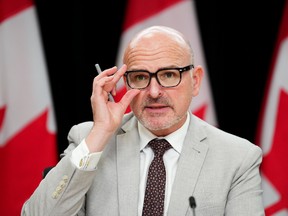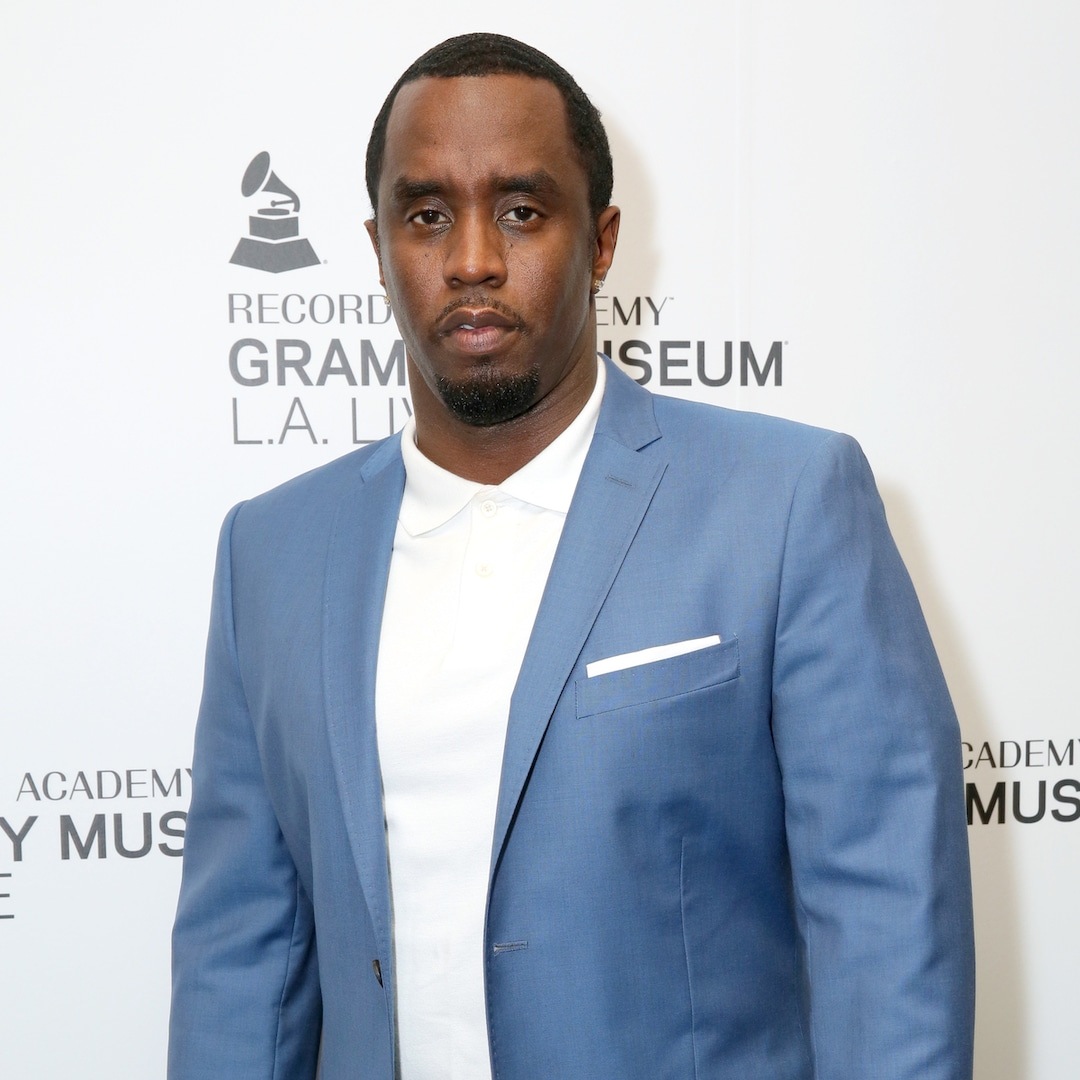Trump said he would slap those punitive tariffs on all products entering the U.S. from Canada and Mexico on his first day in office
Article content
OTTAWA — Pressure is mounting on the Trudeau government to come up with a plan to prevent the incoming Trump administration’s plan to impose higher-than-anticipated 25-per-cent tariffs on Canadian goods when the new president takes office.
Article content
Article content
U.S. President-elect Donald Trump announced on Monday he would slap the punitive tariffs on all products entering his country from Canada and Mexico as one of his first executive orders if the two governments do not stop the flow of drugs and migrants across their borders.
Advertisement 2
Article content
Mexico President Claudia Sheinbaum shot back on Tuesday by threatening to retaliate with tariffs of her own, while Canadian government officials reiterated they had the situation well in hand but were light on details as to how Canada could avoid the serious impact of significant tariffs.
Prime Minister Justin Trudeau said on his way to a cabinet meeting on Tuesday that he had a “good call” with Trump shortly after he made the threat.
Recommended from Editorial
“We obviously talked about laying out the facts, (talked) about how the intense and effective connections between our two countries flow back and forth. We talked about some of the challenges that we can work on together,” said Trudeau about the call.
“This is a relationship that we know takes a certain amount of working on and that’s what we’ll do,” he added.
Deputy Prime Minister Chrystia Freeland did not directly answer when asked whether Canada would retaliate against U.S. tariffs. She did, however, point out that the government did so when the first Trump administration slapped tariffs on Canadian steel and aluminum.
Article content
Advertisement 3
Article content
“It was a challenging moment for our country,” said Freeland. “The important thing is we got through it and our response was successful.”
Immigration Minister Marc Miller said Trump’s threat “should be taken very seriously by Canadians, and we take it very seriously.” Other ministers echoed the message.
Public Safety Minister Dominic LeBlanc said the Liberals’ message to the incoming Trump administration is they are “anxious” to work collaboratively on issues surrounding the border.
“I don’t think it’s about thickening or thinning the border,” said LeBlanc.
“I think it’s about continuing to assure Canadians and our American partners that we’re prepared to do everything necessary to have an efficient, effective border that is secure for both countries.”
Foreign Affairs Minister Mélanie Joly said the threat of tariffs was already on the government’s radar as during the presidential campaign Trump floated the idea of slapping 10-per-cent tariffs on imports to the U.S. But she would not say whether the government was taken by surprise by his announcement that he would more than double that amount.
Advertisement 4
Article content
Joly said she has already had many conversations with “key American leaders” and would continue to “operate diplomatically.” But she would not go into more detail as to what she has been telling those stakeholders and if it involves threats of retaliatory tariffs.
“I really think that sometimes it’s better to do so in private settings,” she said.
Conservative Leader Pierre Poilievre said Trudeau should have known Trump’s threat of tariffs was coming, given how often the president-elect campaigned on imposing them.
He called the 25-per-cent levy an “unjustified threat” by Trump on Canada’s economy, which he criticized as “weak” and “shrinking” under Trudeau.
“We need a plan,” Poilievre said. “A plan to put Canada first on the economy and on security.”
Besides calling on the Liberals to scrap its carbon tax and proposed cap on oil and gas — both of which he argues hurt the country’s economy — the Conservative leader took aim at the Liberals’ handling of immigration, particularly when it comes to the millions who are in the country temporarily.
Illegal crossings into the U.S. from Canada have hit record highs coincident with large numbers of temporary workers and students being allowed into Canada. That has prompted complaints from American politicians about the security of the border, and specifically from Tom Homan, Trump’s pick for border czar.
Advertisement 5
Article content
Trudeau must come up with “an action plan with tangibles” for dealing with an incoming Trump administration, Poilievre said.
“We don’t need a spectacle of a bunch of politicians sitting around tables meeting and holding photo-ops.”
NDP Leader Jagmeet Singh made a similar plea during Tuesday’s question period.
“The only thing a bully responds to is strength. Where is our plan to fight back?” he asked. “Why is the prime minister not fighting like hell for Canadian jobs?”
Trudeau accused Singh of “panicking” and said his government is engaged in “constructive ways to protect Canadian jobs.”
“I do not think the idea of going to war with the United States is what anyone wants,” he said. “What we will do is stand up for Canadian jobs, as we have done before and as we will continue to.”
Poilievre and Singh both said they would be willing to support retaliation against the U.S. if necessary.
Trudeau has agreed to Ontario Premier Doug Ford’s request to hold a First Ministers’ Meeting on Wednesday to discuss the tariffs.
As chair of the Council of the Federation, Ford had requested the meeting with all the premiers to talk about Canada-U.S. relations in a letter sent Monday. Trudeau said he talked to Ford shortly after Trump’s announcement and agreed to the meeting.
Advertisement 6
Article content
Ford has been pushing for a renegotiated free-trade deal between the United States and Canada, excluding Mexico. On Tuesday, he said it was “unfair” to be compared to Mexico.
“I can tell you, Canada is no Mexico,” he said.
Ford said he found the U.S. president-elect’s comments “insulting” and said “it’s like a family member stabbing you right in the heart.”
Business groups are already nervous about the prospect of tariffs and are calling on the federal government to show some muscle.
Candace Laing, president and CEO of the Canadian Chamber of Commerce, said now is not the time to be the United States’ “nice neighbour.”
“We must be prepared to take a couple of punches if we’re going to stake out our position. It’s time to trade ‘sorry’ for ‘sorry, not sorry,’” said Laing in a statement.
Labour groups, on the other hand, questioned whether Trump is bluffing.
“Is this just sabre-rattling at this moment in time or will this really come to pass?” asked Canadian Labour Congress president Bea Bruske in a press conference on Parliament Hill.
Singh said he does not think Trump is bluffing. “I think nothing is off the table when it comes to Trump. If he says something, we got to be ready for it.”
Advertisement 7
Article content
Industry Minister François-Philippe Champagne said the government still has a few weeks to convince the incoming Republican administration to change its mind.
“We have engaged with our U.S. partners. We’ll continue to engage with our U.S. partners. But let’s take it step-by-step. I think we should not jump to any conclusion,” he said.
On Tuesday evening, the House of Commons was set to hold an emergency debate on the looming tariffs after the NDP and Poilievre asked for one.
National Post
calevesque@postmedia.com
staylor@postmedia.com
Get more deep-dive National Post political coverage and analysis in your inbox with the Political Hack newsletter, where Ottawa bureau chief Stuart Thomson and political analyst Tasha Kheiriddin get at what’s really going on behind the scenes on Parliament Hill every Wednesday and Friday, exclusively for subscribers. Sign up here.
Our website is the place for the latest breaking news, exclusive scoops, longreads and provocative commentary. Please bookmark nationalpost.com and sign up for our politics newsletter, First Reading, here.
Article content








